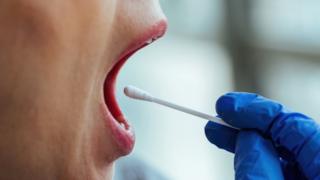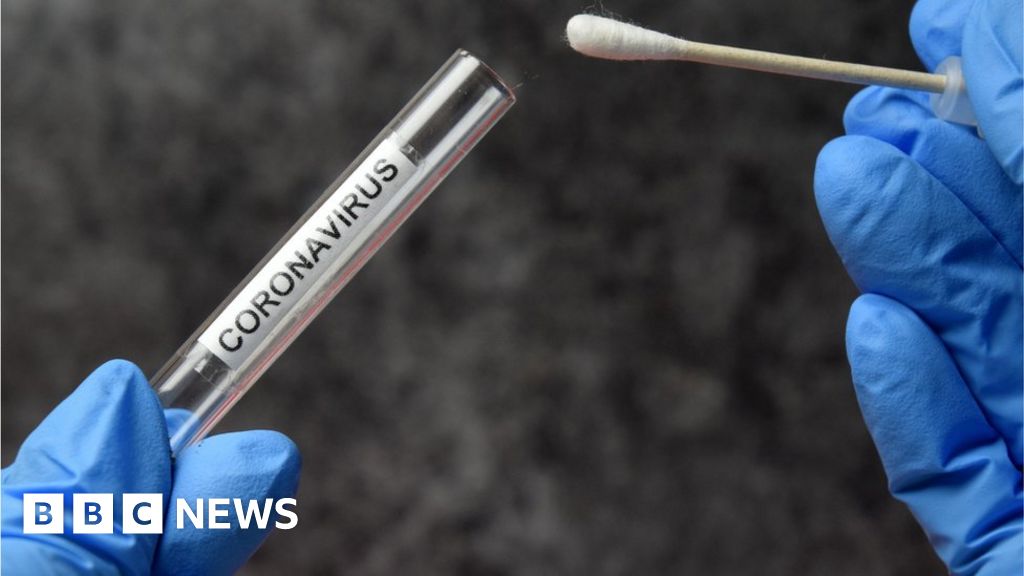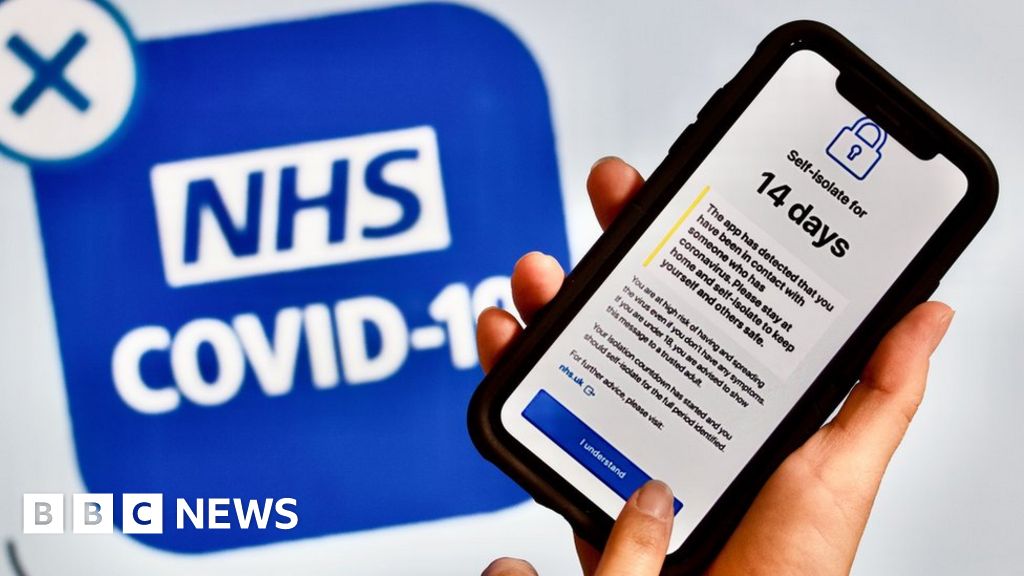 Image copyright
Getty Images
Image copyright
Getty Images
Coronavirus tests are to be carried out on more people to get a better idea of how many are infected at any one time.
The Office for National Statistics' Infection Survey will test 150,000 people a fortnight in England by October, up from 28,000 now.
The survey is separate from the mass testing programme of people with symptoms, as it aims to take a random sample of the general population.
More data will also be gathered in Wales, Northern Ireland and Scotland.
The survey aims to help the government identify emerging outbreaks and stamp them out.
The infection survey is the most accurate indicator of infection levels in the community.
Health Secretary Matt Hancock said the survey was the "single most important tool" the government had for making policy decisions around coronavirus because it helped it understand how the disease was spreading.
Speaking on BBC Breakfast, Mr Hancock said expanding the ONS survey would allow the government to be "more accurate and more localised" in its response.
He added that it would help the government with its "biggest challenge", which was finding people who were asymptomatic but could still pass the virus on.
It tests thousands of people in households representative of the population, whether or not they have coronavirus symptoms.
The results help experts estimate the weekly reproduction (R) number and growth rate of the virus - which tells us if new coronavirus infections are rising or shrinking.
The survey also provides important information about the socio-demographic characteristics of the people and households who have Covid-19.
According to last week's results, coronavirus cases across England appear to be levelling off, with an estimated one in 1,900, or 28,300 people currently infected.
Greater detail
At the start of the pilot study, led by the ONS and the University of Oxford in partnership with the Department for Health and Social Care, around 20,000 households were invited to take part, with the aim of achieving data from around 10,000 households.
Since the end of May, additional households have been invited to take part in the survey each week (roughly 5,000 a week), with an additional 15,000 households contacted in July.
By beefing up the numbers participating, the ONS will be able to assess what is going on in much greater detail, at a city-wide level instead of the broad national picture that can currently be achieved.
It will also provide scientists with a more accurate picture of the number of people that have developed antibodies to the virus. This will enable them to calculate with greater certainty the total number of people in the country that have had Covid-19.
Professor Sir Ian Diamond, the UK's National Statistician, said that the survey would be the biggest of its kind in this country.
"Vigilance is key to containing this pandemic and the extra data on the spread of infections and antibodies at local level will be invaluable to the planning of effective local responses."
The extended survey should be up and running by October when government experts are expecting there to be surges in infection.
People who take part have routine nose or throat swabs to see if they currently have coronavirus.
Antibody blood tests can also tell if they are likely to have had the disease in the past.
The survey currently has 60,000 people enrolled. The aim is to increase this to 400,000 people across the entire project in England, and there will be proportionate increases in Scotland, Wales and Northern Ireland.
Do you have any questions about household testing? Send your questions to yourquestions@bbc.co.uk
Please include a contact number if you are willing to speak to a BBC journalist. You can also get in touch in the following ways:
WhatsApp: +44 7756 165803 Tweet: @BBC_HaveYourSay Please read our terms & conditions and privacy policy
 5 years ago
1022
5 years ago
1022 

